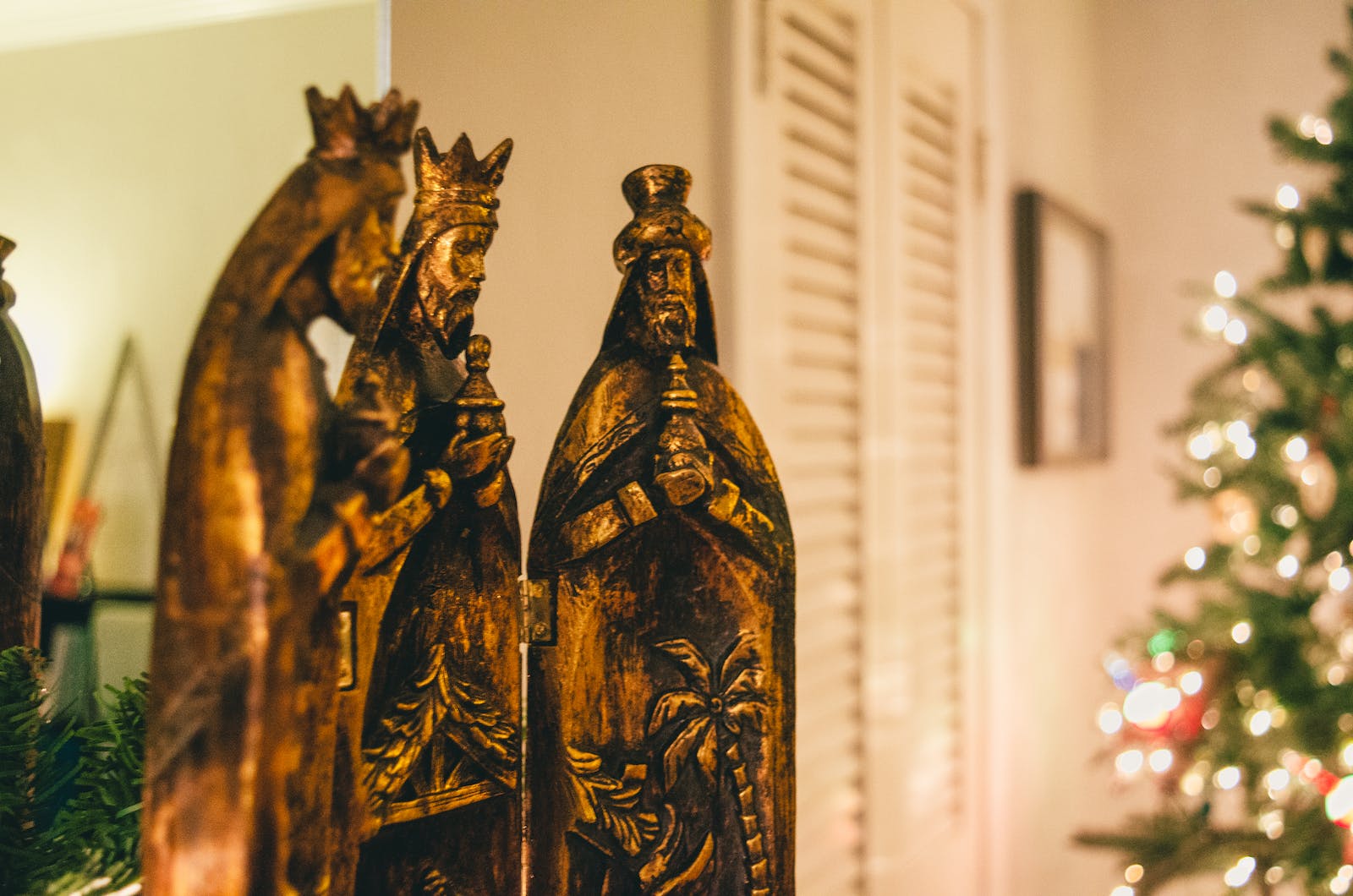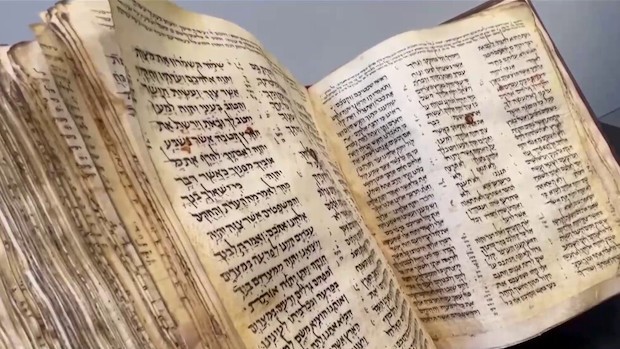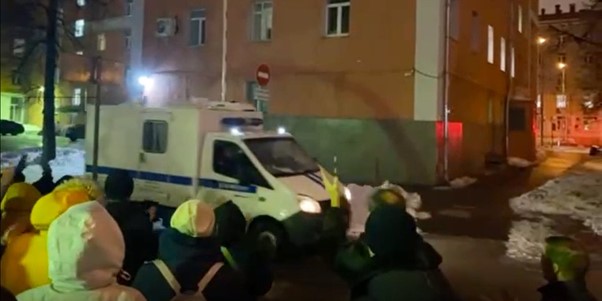Once upon a time in a land not far from our wildest imaginations there existed an annual celebration of immense magnificence involving not just one or two but three esteemed kings. This was no royal procession with regal figures waving from their carriages. It is the tale of the Three Wise Men, also known as the Magi, who embarked on an extraordinary journey across vast deserts and realms guided solely by a celestial beacon that outshone any contemporary GPS system.
6th January
As January 6th approaches, while some are recuperating from their New Years Eve festivities others are eagerly preparing for a day filled with intrigue, generosity and perhaps even indulging in a slice of Kings Cake. Welcome to the Feast of the Epiphany my friends; where brilliance can be found not in the splendid decorations but also, within the stars that grace this remarkable narrative.
Now let us acquaint ourselves with our characters. Balthazar, Melchior and Gaspar. The original bestowers of gifts whose ability to traverse the globe makes Santas single night journey seem like childs play.We’ve got Balthazar, dressed in his Babylonian attire; Melchior, the knowledgeable Greek with a fondness for prophecies; and Gaspar, the youngest among them a trendy Mede with an envy inducing collection of spices. These three individuals are not merely kings; they can be considered the worlds equivalent of the Avengers. However of fighting crime their mission is to deliver gifts.
A Celestial Announcement on Social Media
So how did these esteemed personalities end up following the path? It all began with a star that defied convention. Announced the birth of a unique kind of king. This was no celestial body; it served as the universes way of sending a notification without relying on social media platforms.. Just like any influential figure on social media it managed to capture the attention of our trio who were fascinated by astronomy.
The Journey: Camels, Desert Sands and Occasional Oases
Picture this; three kings accompanied by their entourages loading camels with luxury gifts from times. There were no gift receipts or express shipping options to them; instead they relied on navigating through open deserts using stars as their guide, towards a shared destination.
They journeyed through sand dunes. Evaded potential dangers, all the while perhaps engaging in debates over who should take the lead in guiding the camel caravan.
The Presents: Gold, Frankincense and Myrrh
Skipping through their travel montage the Magi eventually arrived not at a grand palace but at a modest dwelling in Bethlehem.
They arrived bearing gifts that would make any baby shower unforgettable; gold for royalty frankincense for divinity and myrrh for mortality— concepts for a young child but these individuals were focused on symbolism.
The Afterparty: Dreams and Detours
After their visit as they dreamt of things (or whatever was considered delightful back then) they received a warning in a dream to take an alternate route, on their way home. It turns out that King Herod, the reigning ruler wasn’t particularly thrilled about a king emerging.
Therefore our wise trio decided to avoid him by taking a longer path back to prevent spoiling the surprise of the newborn king’s whereabouts.
Legacy: Cake, Crowns and Parades
Fast forward millennia later and the journey of the Three Kings is still highly significant.In regions children eagerly place their shoes outside hoping for treats from passing monarchs while in other places a slice of Kings Cake carries the exciting possibility (or reward) of discovering a small figurine inside—and the honor of hosting next years celebration.
Lets not overlook the parades. From New Orleans to Madrid people wear crowns throw beads and commemorate the journey of the Magi with floats that make Mardi Gras seem like a prelude.
The Main Idea: A Cosmic Quest for Everyone
So, what is the essence behind this age old tale? Maybe it signifies that certain journeys are worth enduring a bit of sand in your shoes.. Perhaps it emphasizes that genuine wisdom lies in pursuing your own guiding star wherever it may lead.. It could simply be that everyone adores an engaging story with a joyous ending.
Regardless of the interpretation the Feast of Epiphany holds significance than just being another day on the calendar; it serves as a reminder of an era when three kings, from distinct lands united for a universal quest bringing gifts and leaving behind a legacy characterized by unity, generosity and an air of enchantment.
As you indulge in a slice of Kings Cake take a moment to think about Balthazar, Melchior and Gaspar—the wanderers of the road. Their incredible journey reminds us that some of the stories are those that have been shared and retold over generations and across different cultures under the glow of a guiding star that once led wise men towards a fresh start.
So there you have it—a captivating exploration spanning through time itself honoring the influence of the Three Kings. Whether you’re fascinated by history captivated by legends or simply enjoy indulging in cake the Feast of the Epiphany is a tradition that continues to capture hearts and ignite imaginations, around the globe.














